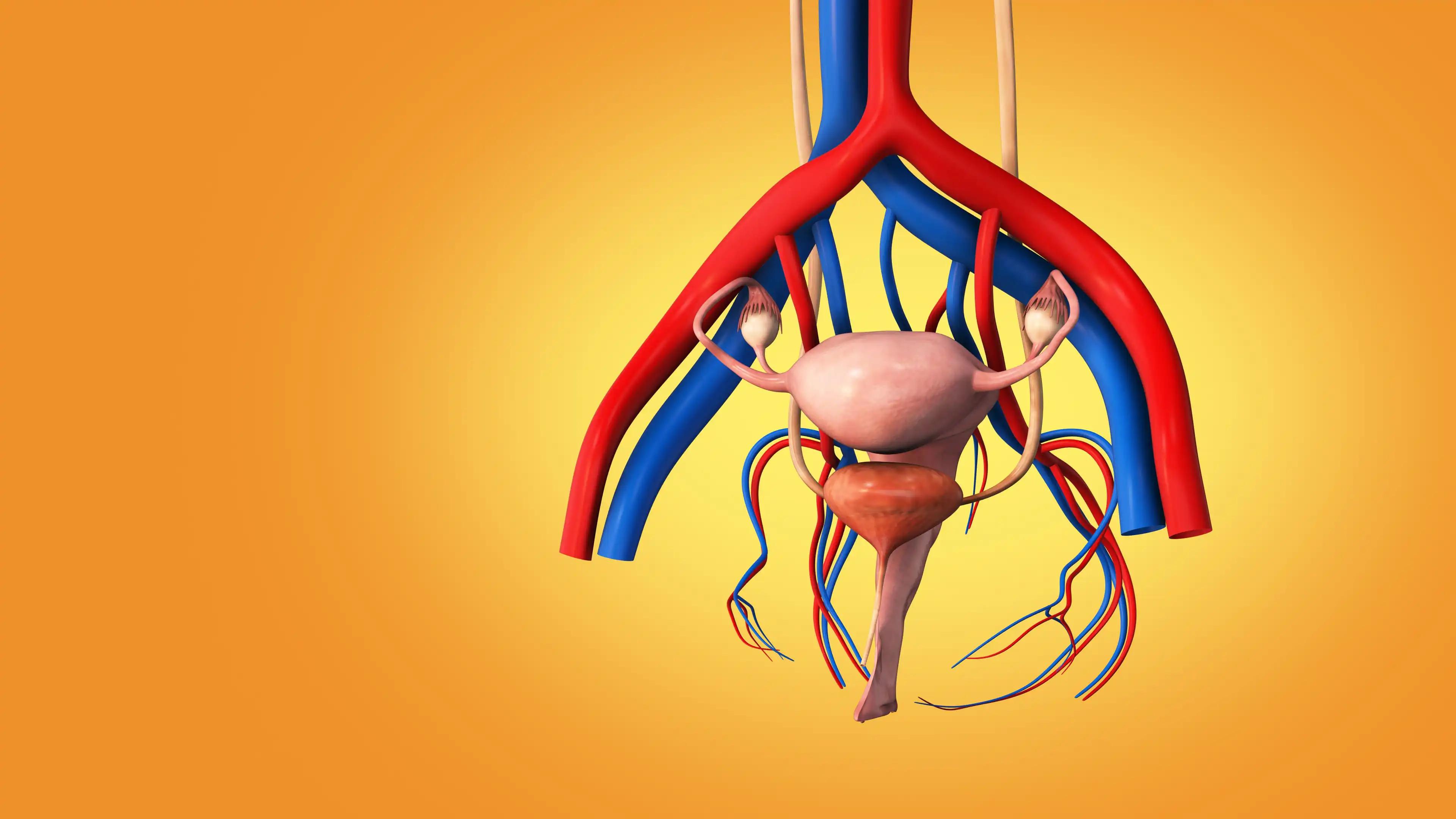KEY TAKEAWAYS
- EV demonstrated a significant survival advantage over standard chemotherapy in patients with locally advanced or metastatic urothelial carcinoma in the EV-301 phase 3 trial.
- The primary aim of the EV-301 trial was to evaluate OS in patients with la/mUC who had received prior platinum-containing chemotherapy and experienced disease.
- Patients were randomized 1:1 to receive EV or investigator-chosen standard chemotherapy with docetaxel, paclitaxel, or vinflunine.
- After a 23.75-month follow-up, the median OS was significantly prolonged by 3.97 months with EV compared with chemotherapy. Additionally, PFS was improved with EV vs. chemotherapy.
The antibody-drug conjugate enfortumab vedotin (EV), which targets Nectin-4, improved overall survival (OS) and progression-free survival (PFS) at the prespecified interim analysis of the confirmatory phase 3, randomized, open-label EV-301 trial. The clinical course of EV over the long term has yet to be discovered. The results of EV-301’s extended 12-month follow-up are shown. Patients with locally advanced or metastatic urothelial carcinoma (la/mUC) who had previously received platinum-containing chemotherapy and had disease progression during or after PD-1/L1 inhibitor treatment were randomly assigned to receive either EV 1.25 mg/kg on Days 1, 8, and 15 of each 28-day cycle or investigator-chosen standard chemotherapy with docetaxel, paclitaxel, or vinflunine. Overall survival was the primary endpoint, with progression-free survival assessed by investigators using RECIST v1.1 and safety and tolerability as secondary endpoints. Results from the 30-July-2021 efficacy and safety analysis are reported approximately 1 year after the 15-July-202020 interim analysis.
608 people with la/mUC were split evenly between chemo (n = 307) and EV (n = 301). As of the 30th of July, 2021, there had been 444 fatalities (237 from chemo and 207 from EV). Median overall survival (OS) was 3.97 months longer with EV compared to chemotherapy after a 23.75-month follow-up (OS, 12.91 months vs. 8.94 months, respectively; HR = 0.704 [95% CI, 0.581-0.852], 1-sided P= 0.00015). In addition, the EV’s positive effect on OS persisted in most studied subgroups. The median PFS for patients treated with EV was 5.55 months, compared to 3.71 months for those treated with chemotherapy (HR = 0.632 [95% CI: 0.525-0.762]; 1-sided P < 0.00001). Treatment-related adverse events (TRAEs) occurred at similar rates in the EV and chemotherapy groups (93.9% vs. 91.8%), and serious TRAEs occurred in 22.6% and 23.4% of patients receiving EV and chemotherapy, respectively. In both groups, less than half experienced TRAEs of grade 3. In patients previously treated for la/mUC, EV has been shown to significantly and consistently improve survival compared to standard chemotherapy. No additional warning signs were discovered. EV remains the gold standard for treating this aggressive disease because of its significant clinical benefit and manageable side effects.
Source: https://meetings.asco.org/abstracts-presentations/207890
Clinical Trial: https://clinicaltrials.gov/ct2/show/NCT03474107
Jonathan E. Rosenberg, Thomas Powles, Guru P. Sonpavde, Yohann Loriot, Ignacio Duran, Jae-Lyun Lee, Nobuaki Matsubara, Christof Vulsteke, Daniel E. Castellano, Ronac Mamtani, Chunzhang Wu, Maria Matsangou, Mary S. Campbell, Daniel P. Petrylak/Long-term outcomes in EV-301: 24-month findings from the phase 3 trial of enfortumab vedotin versus chemotherapy in patients with previously treated advanced urothelial carcinoma/J Clin Oncol 40, 2022 (suppl 16; abstr 4516) DOI:10.1200/JCO.2022.40.16_suppl.4516



